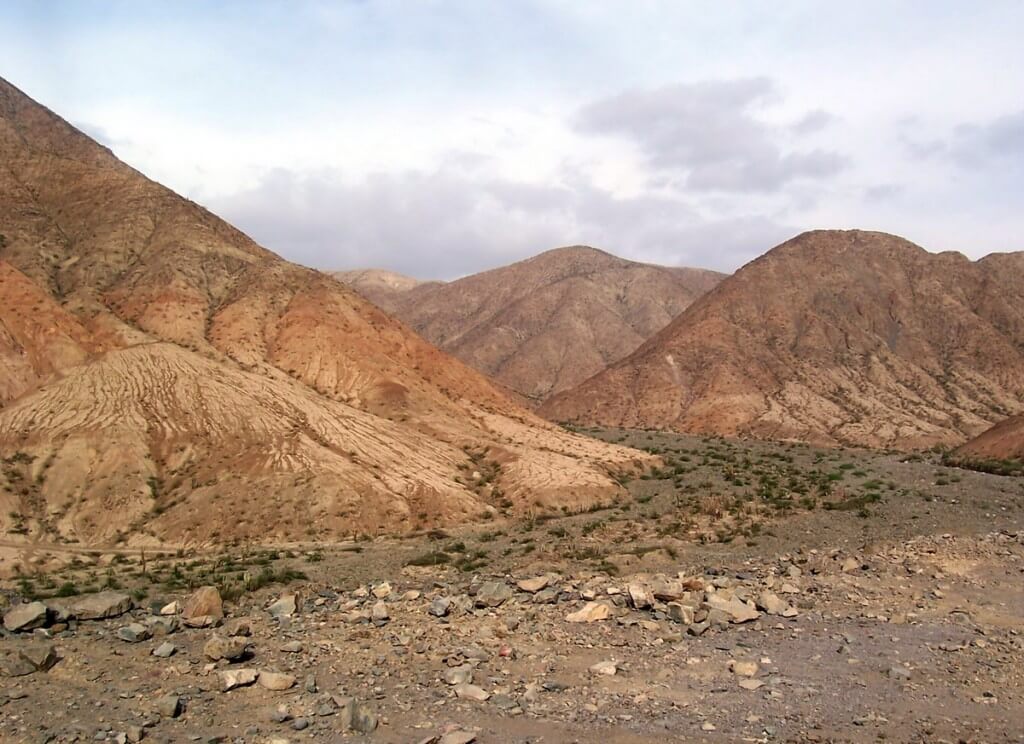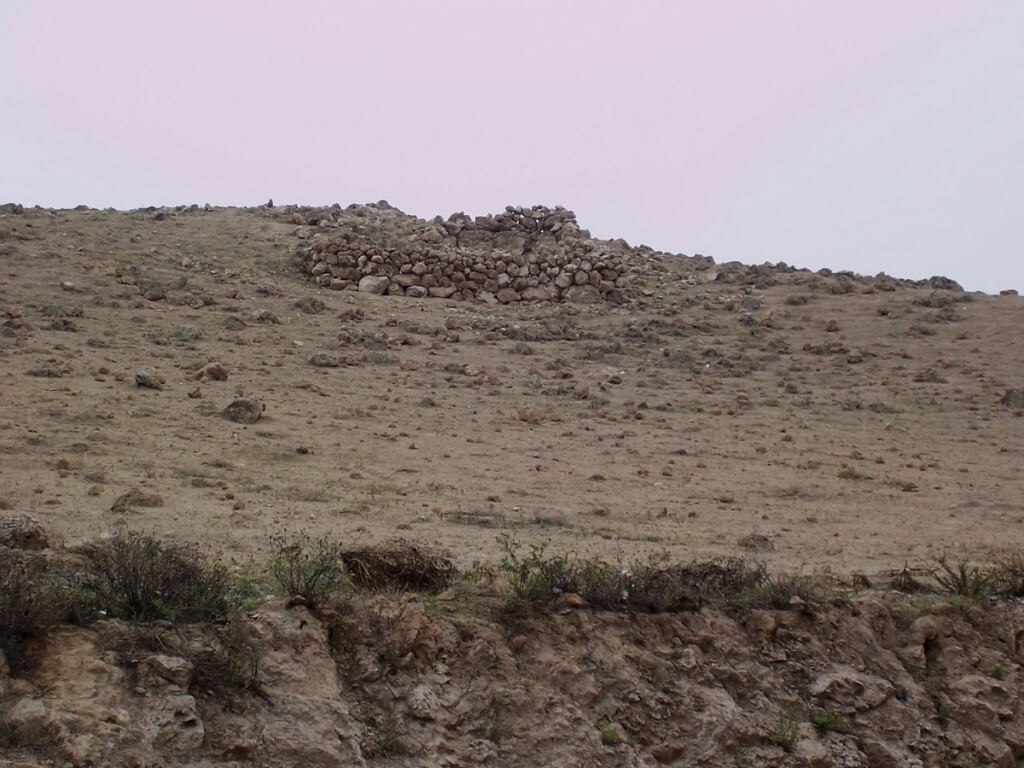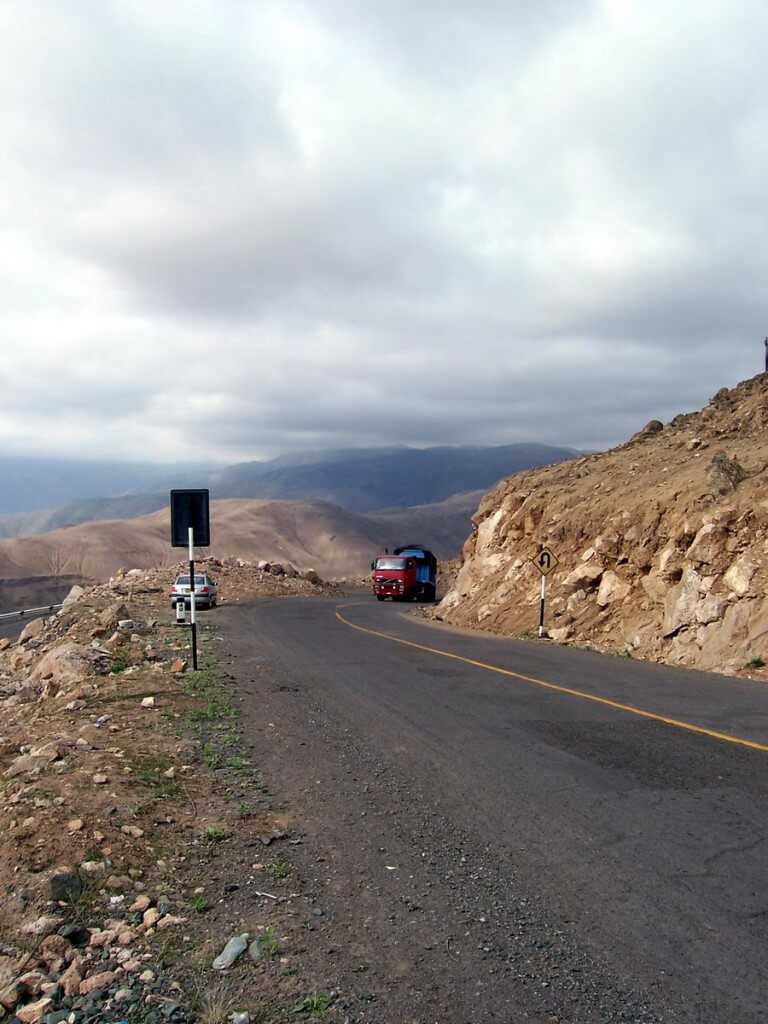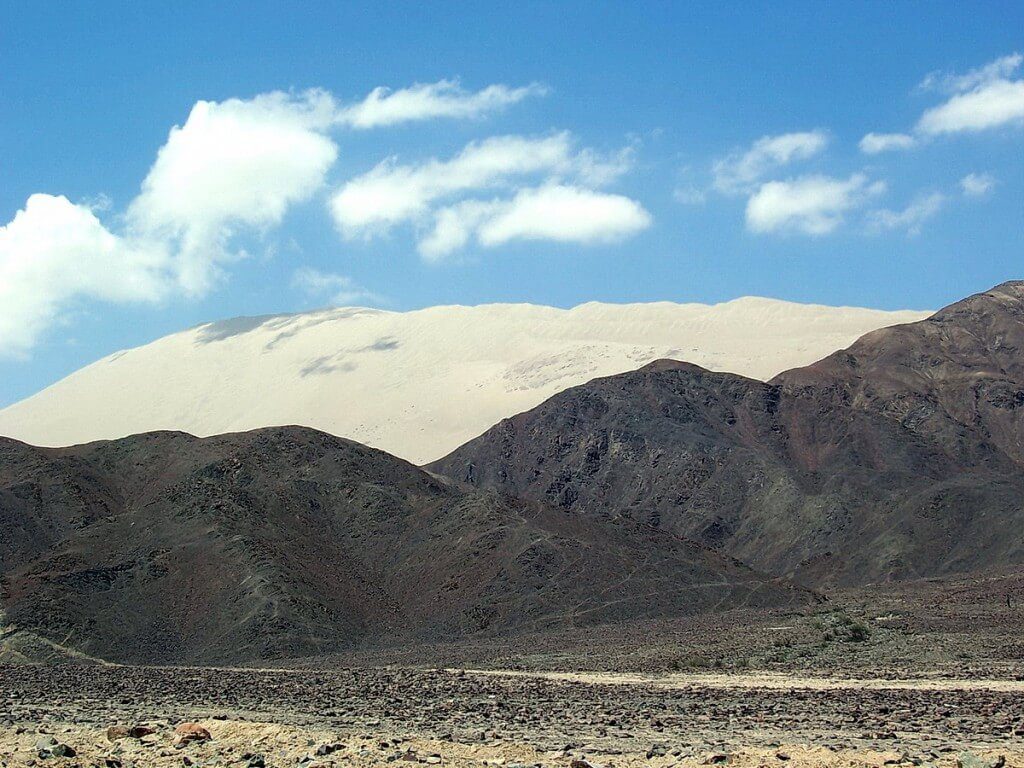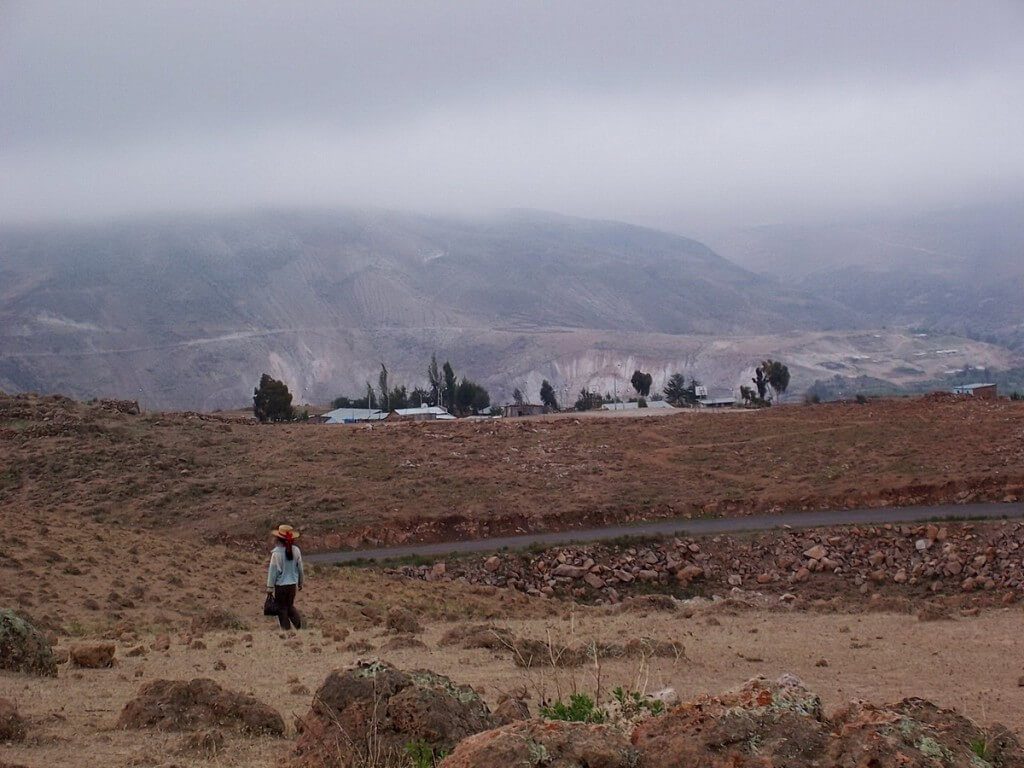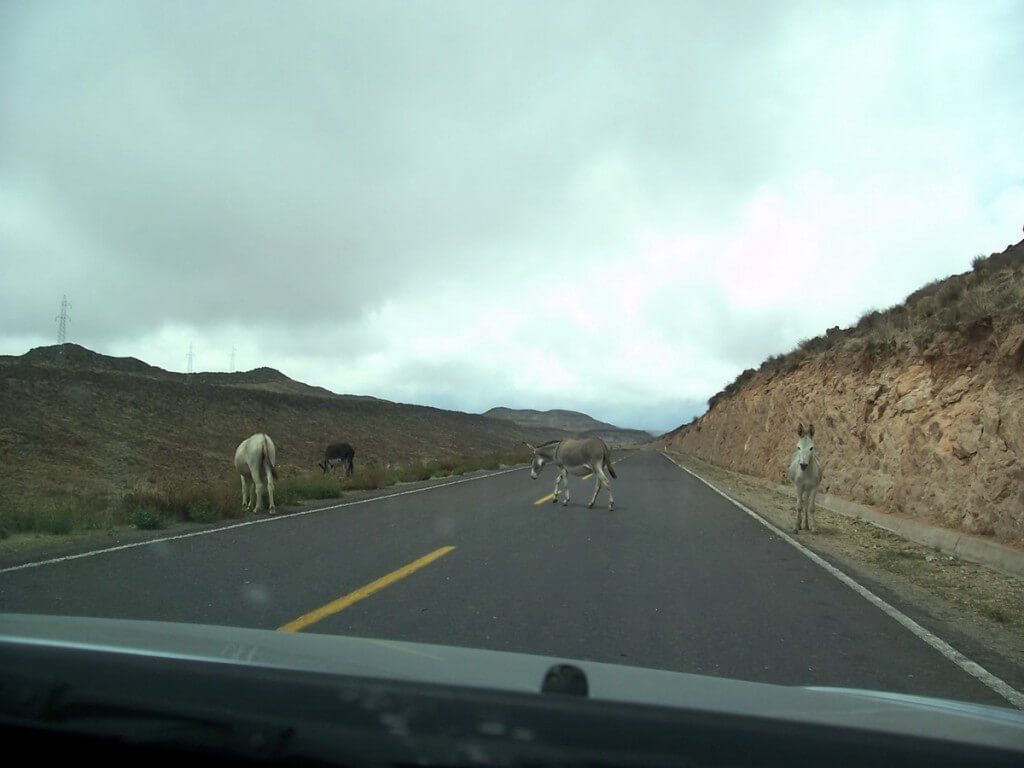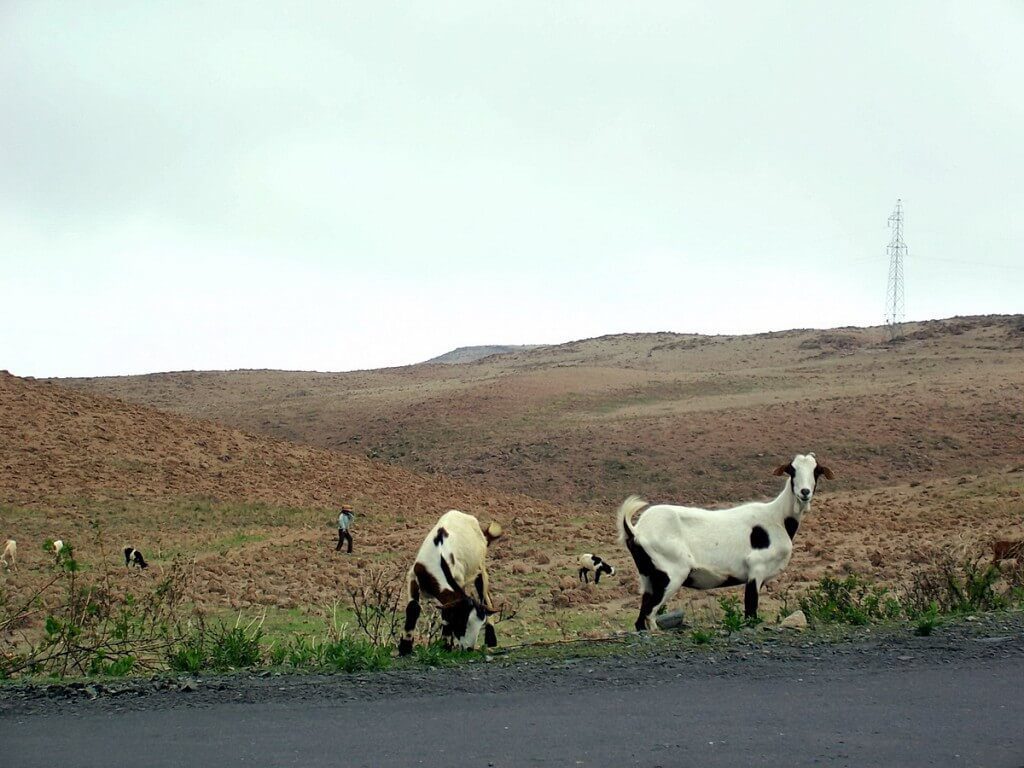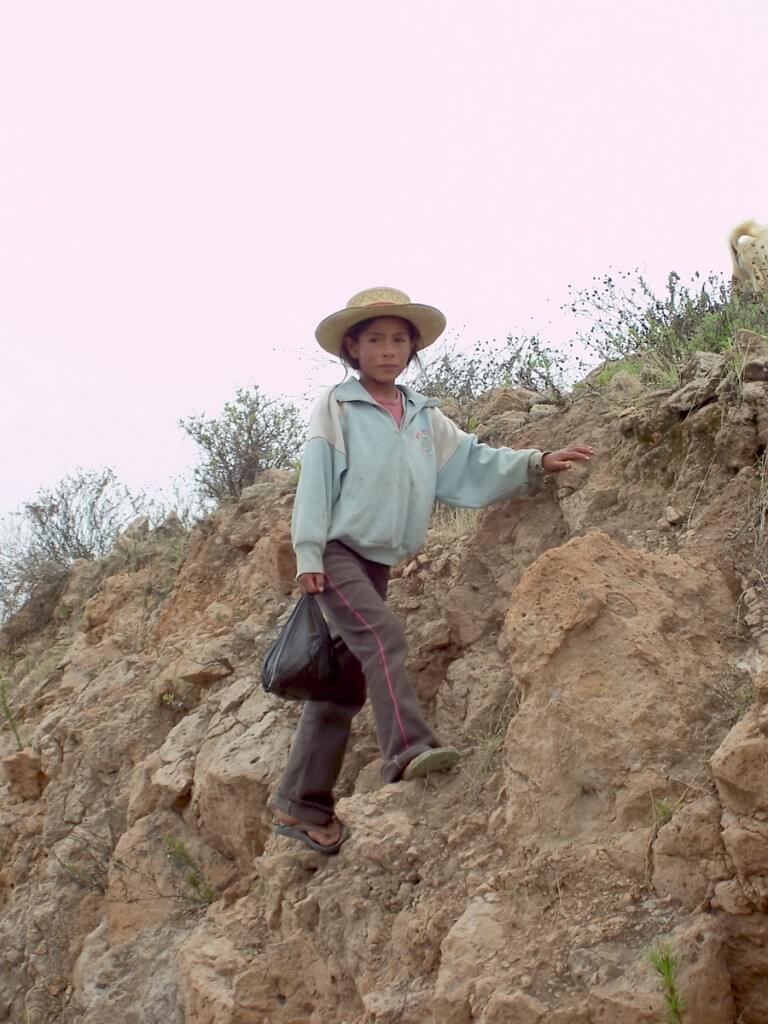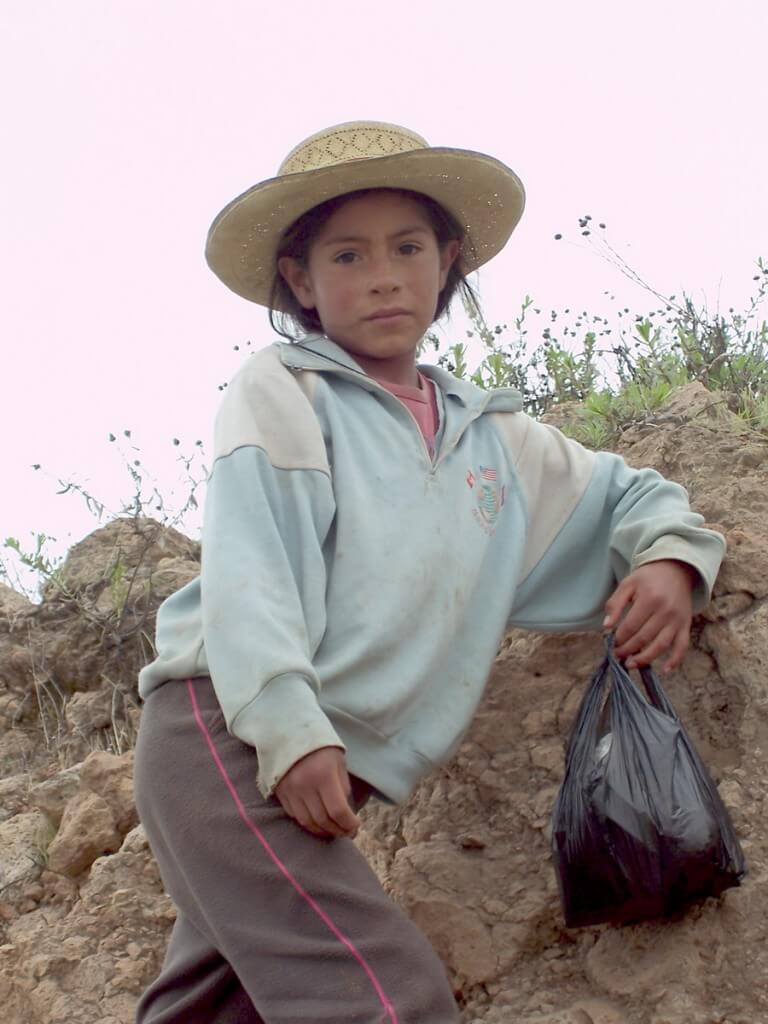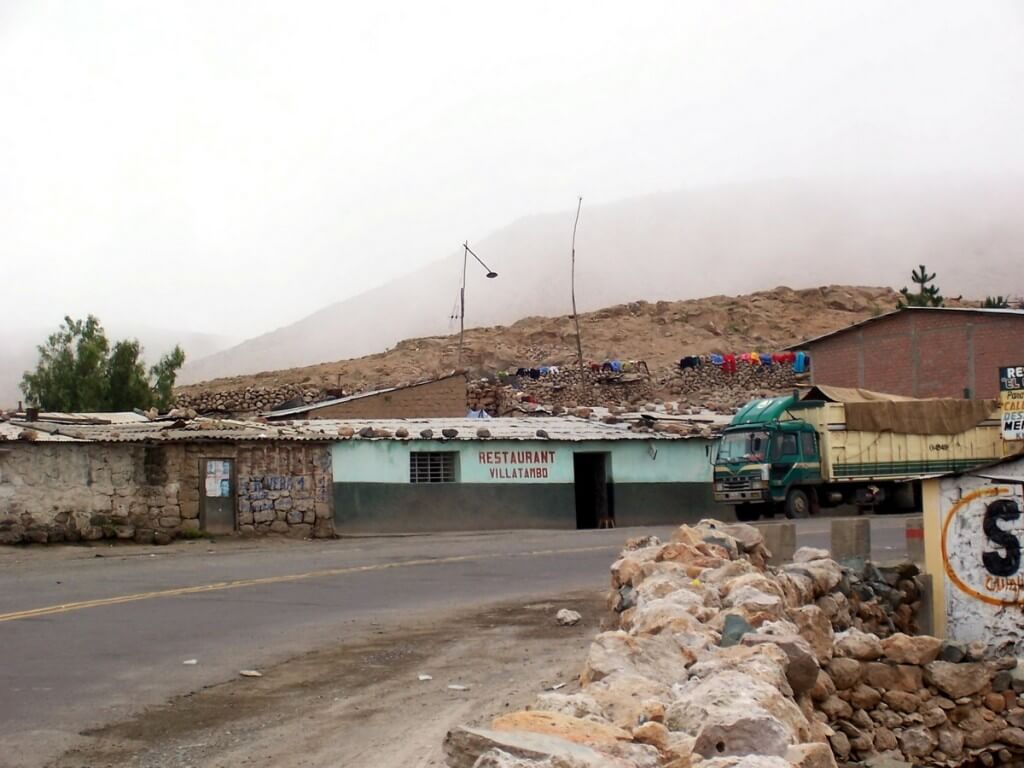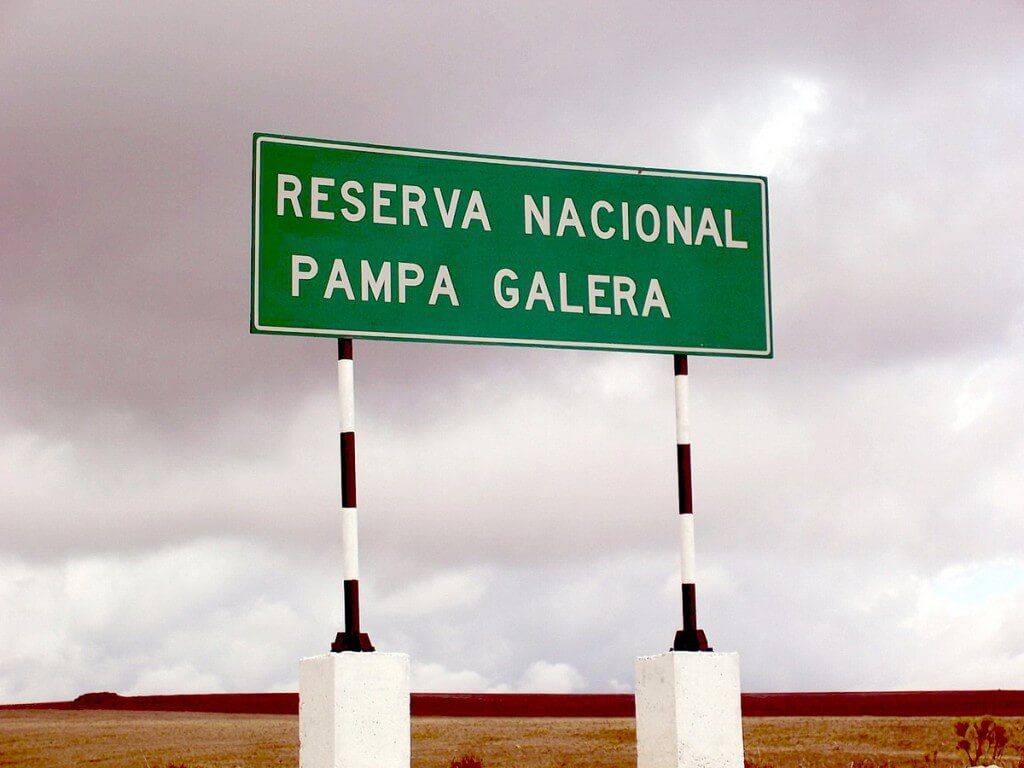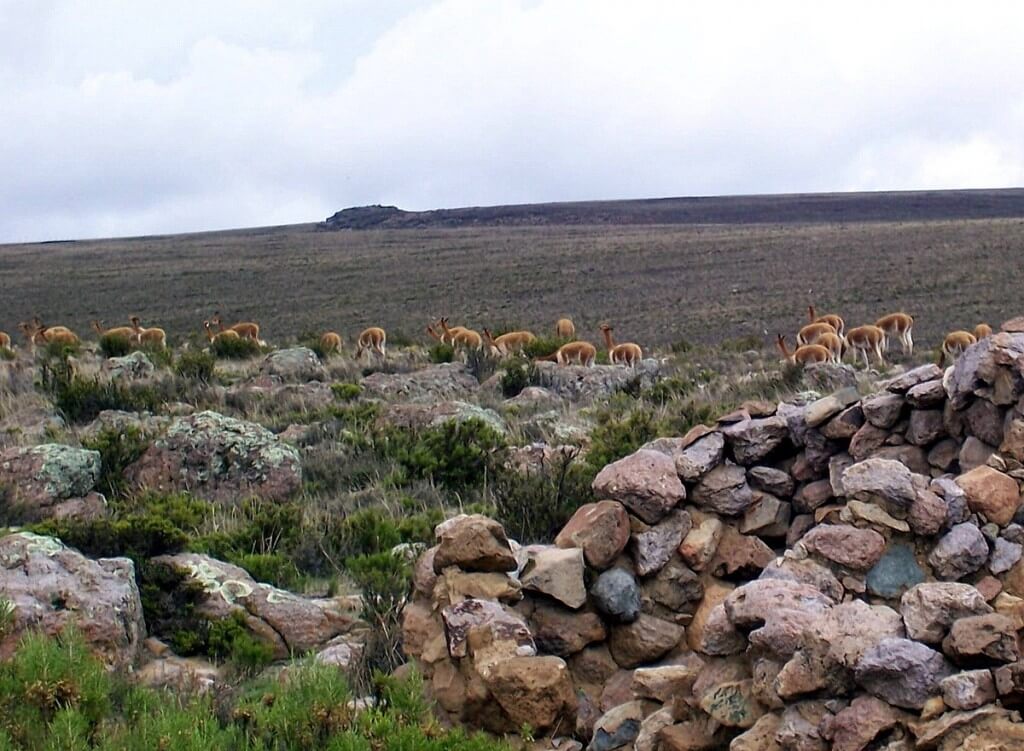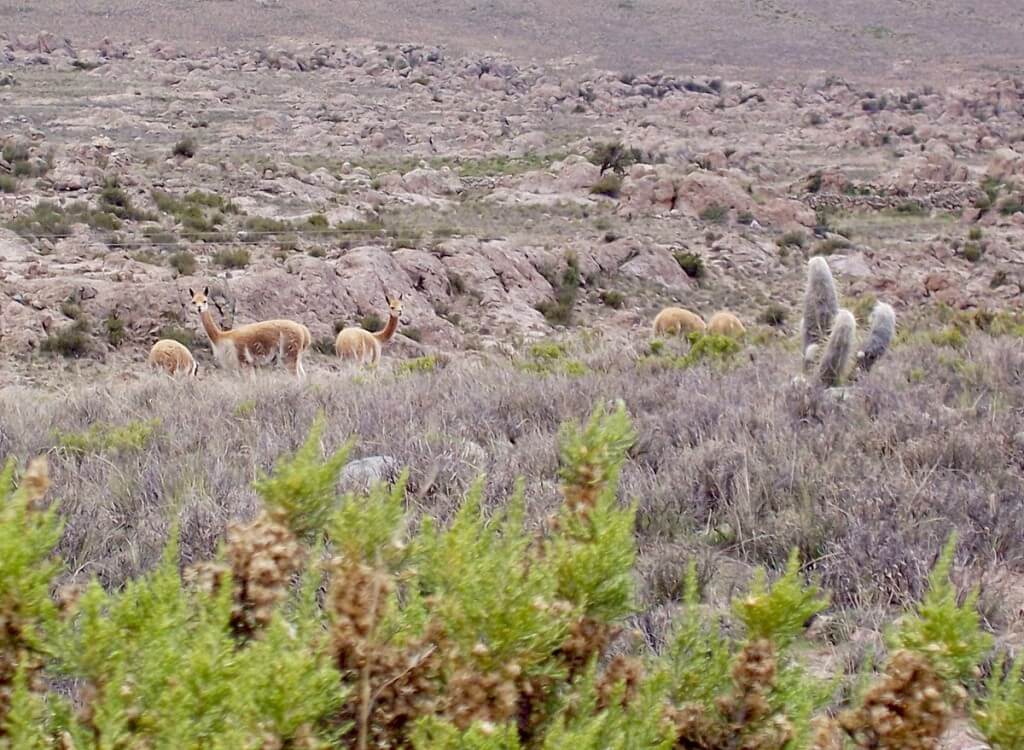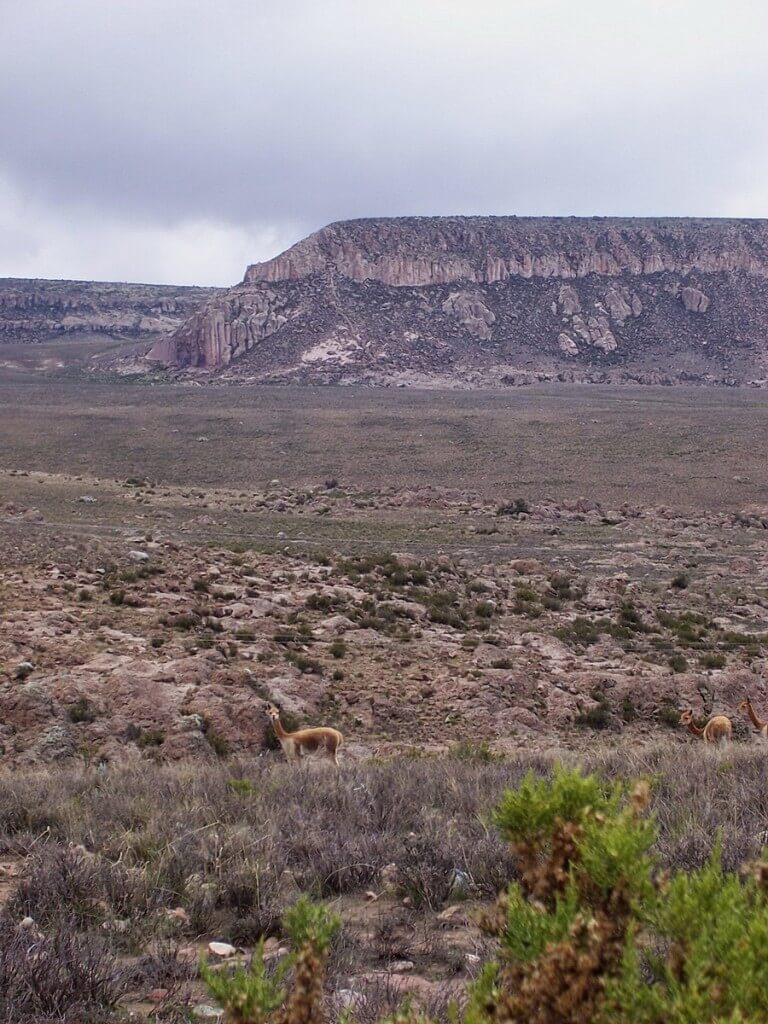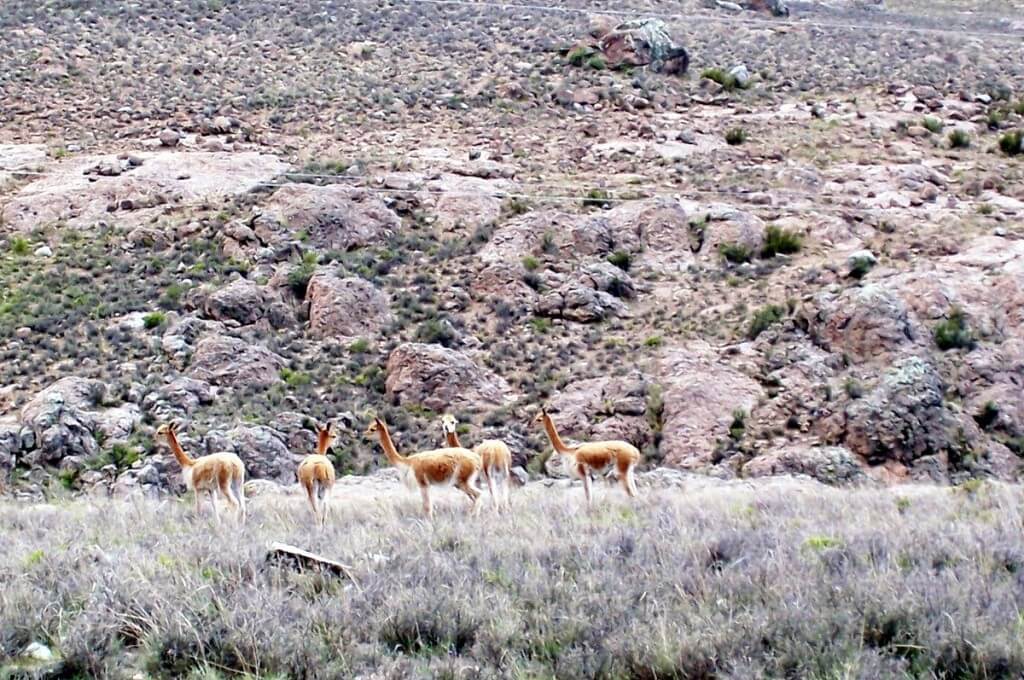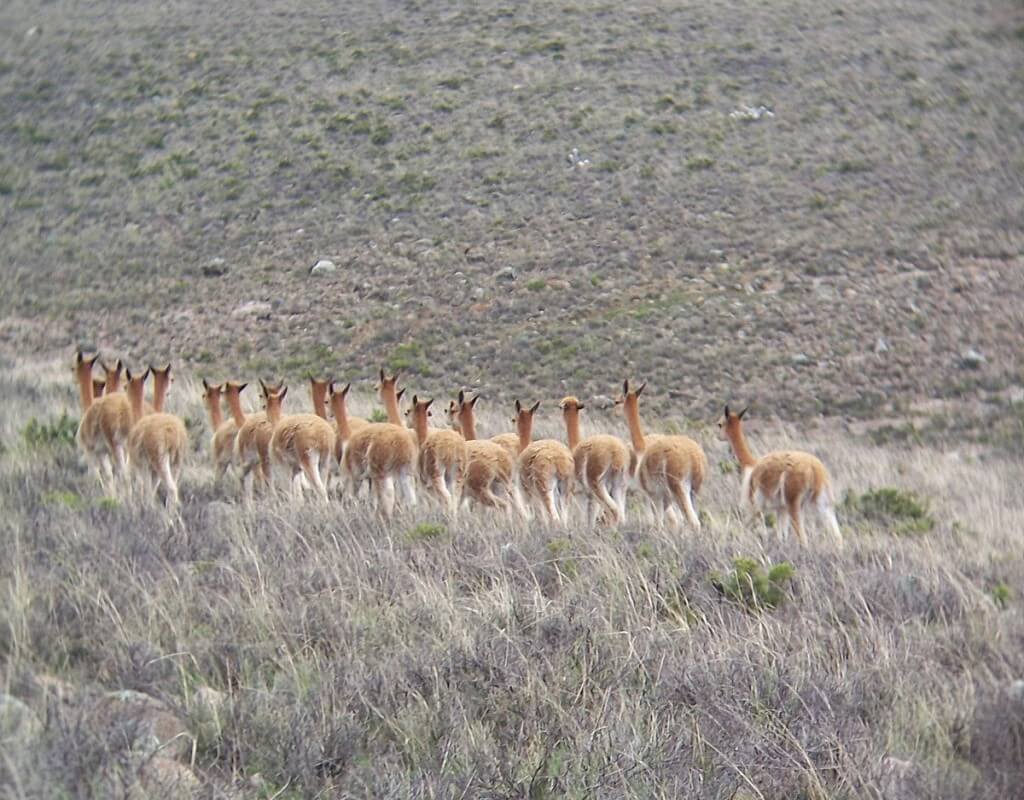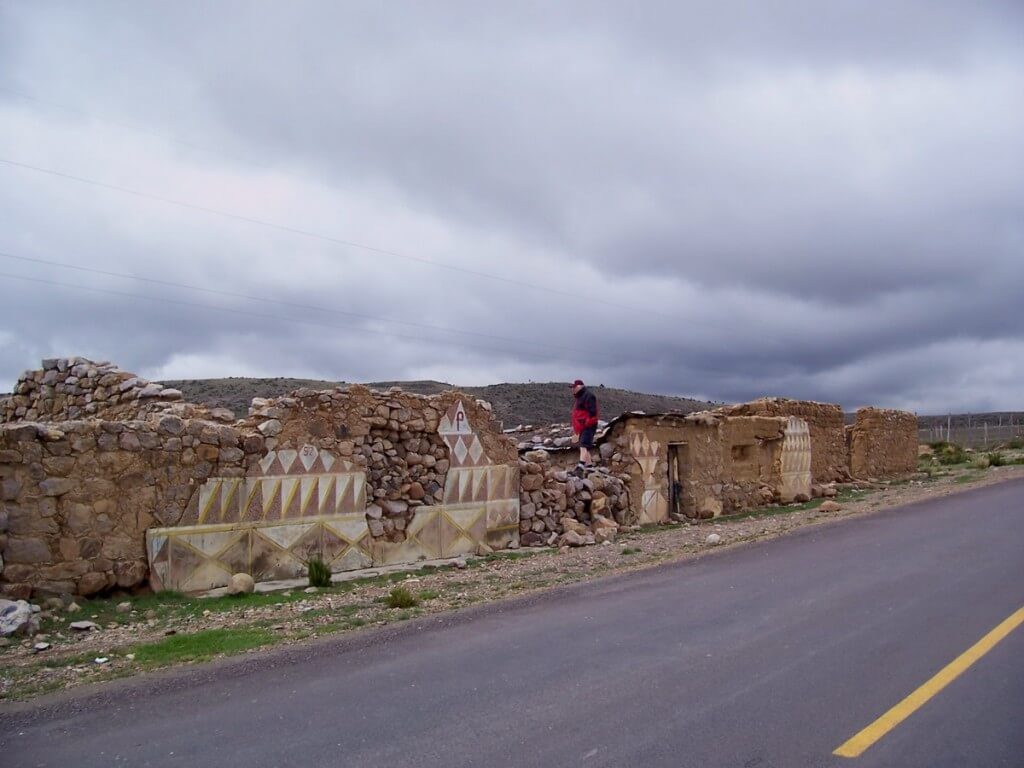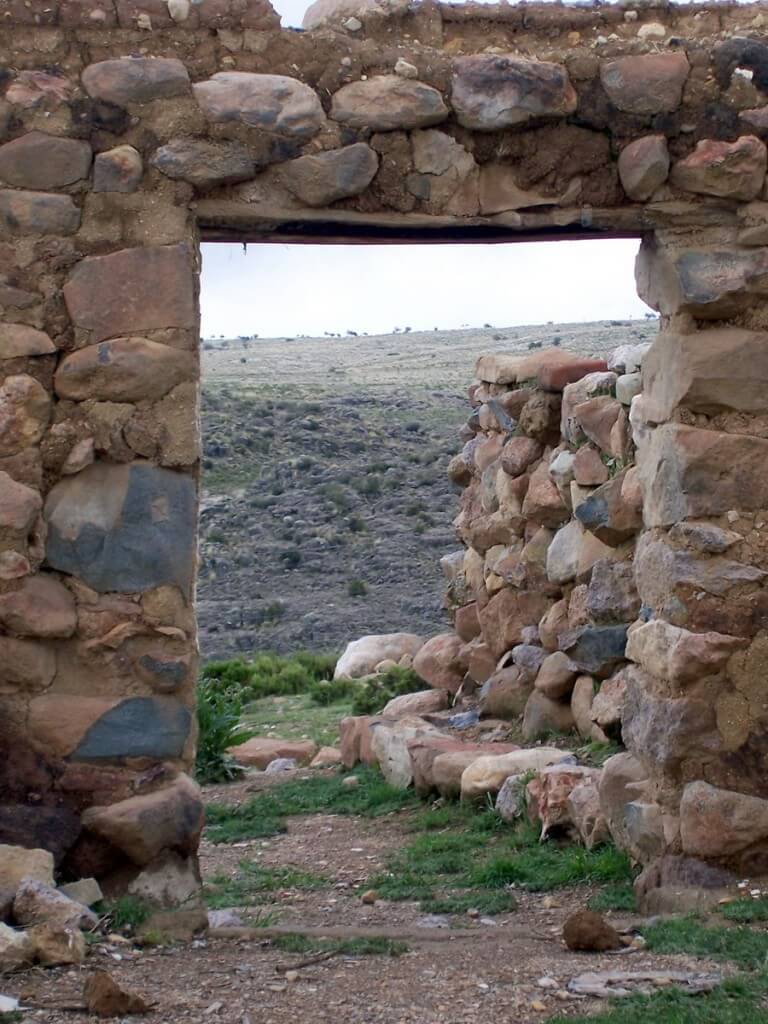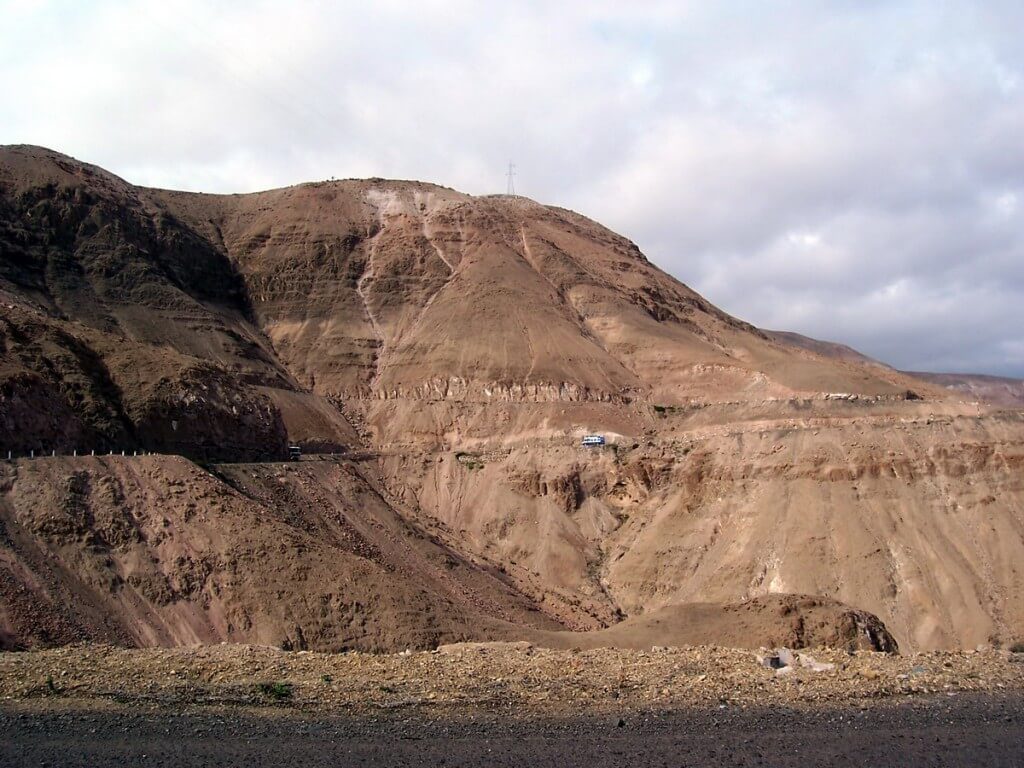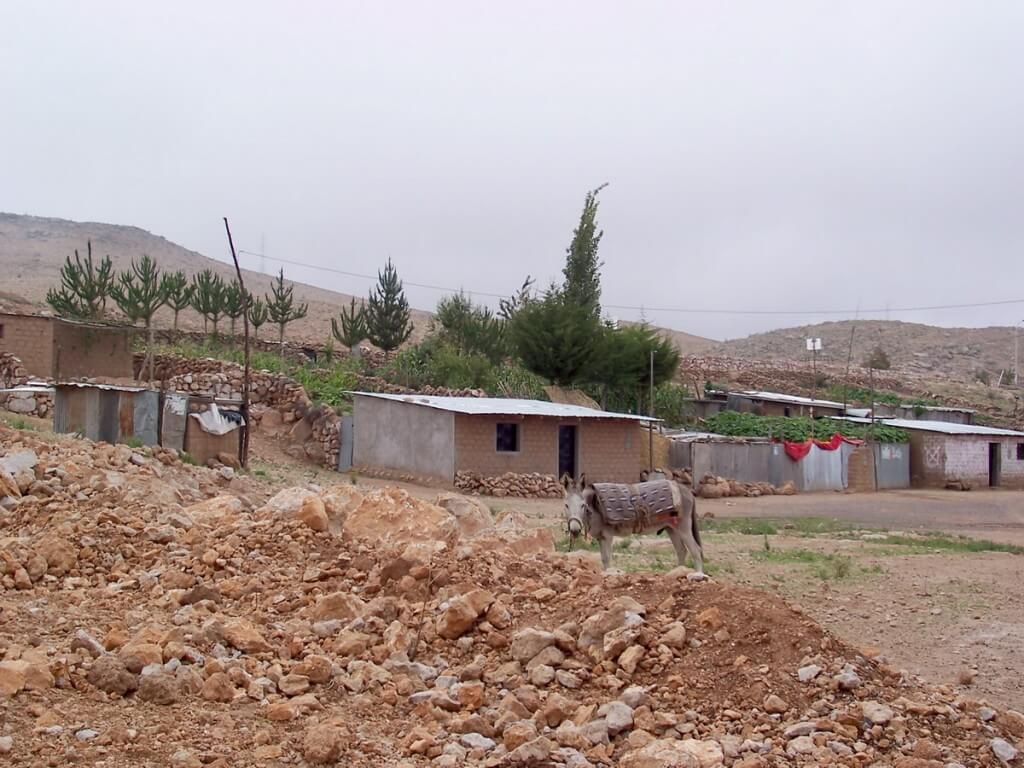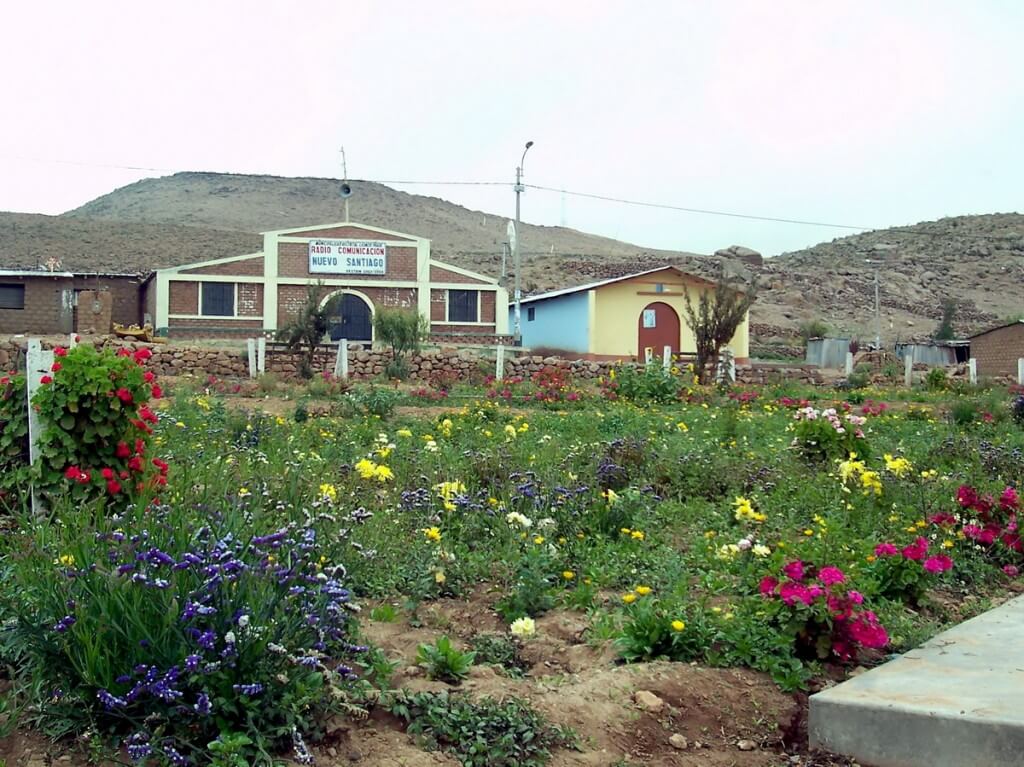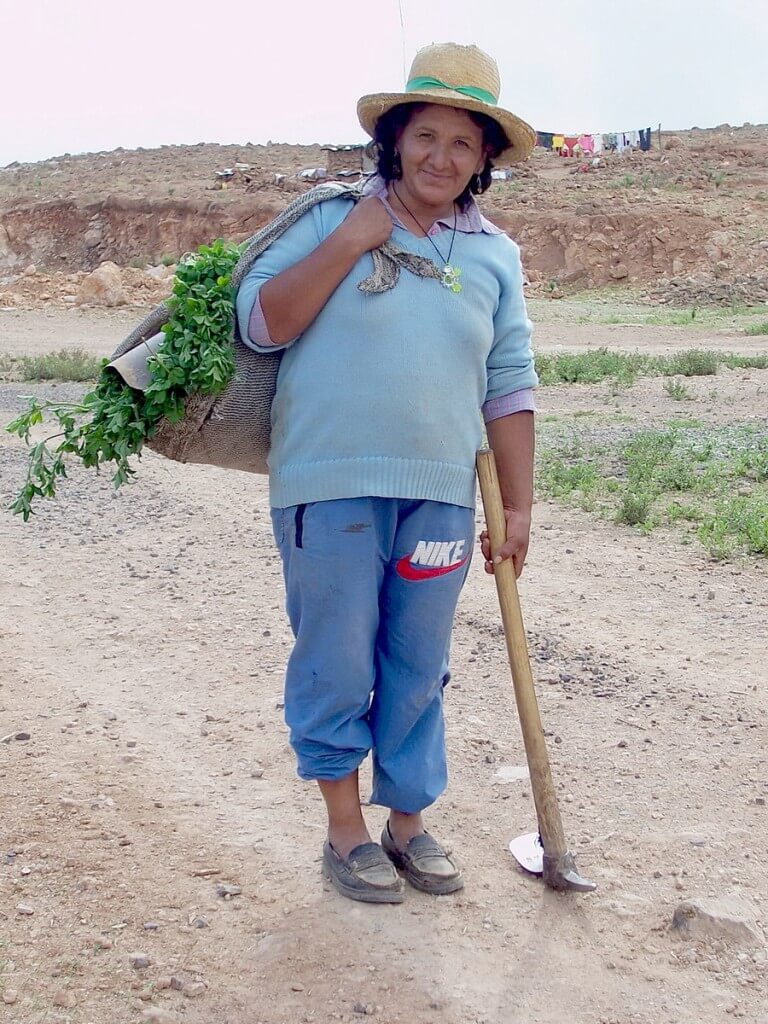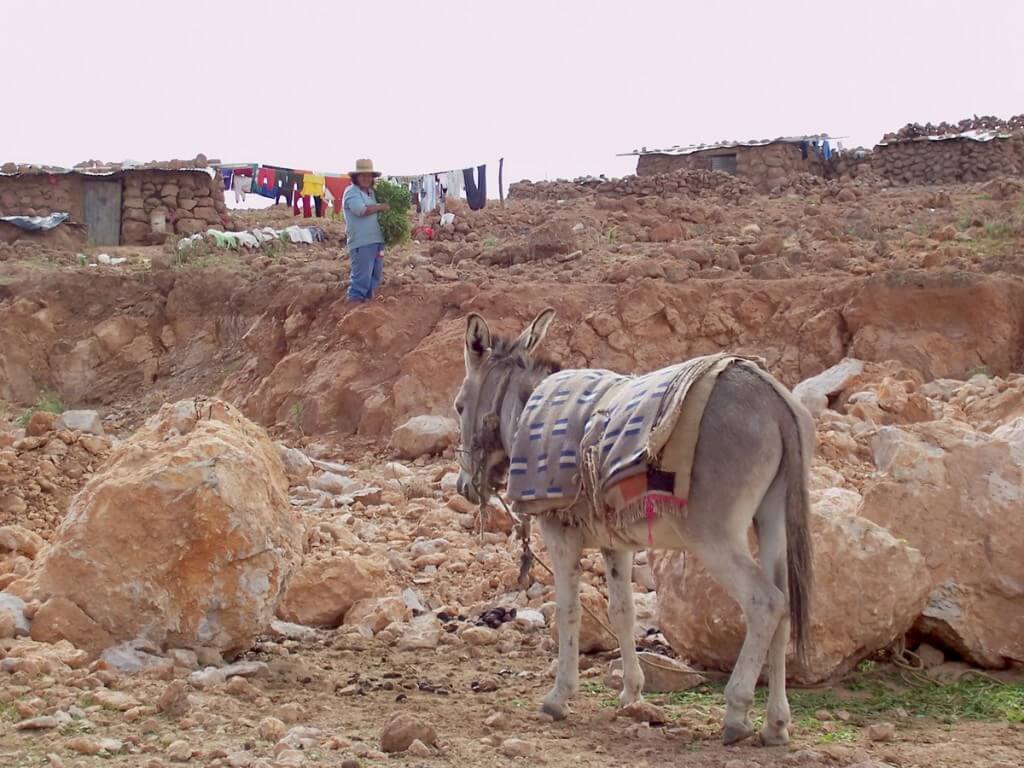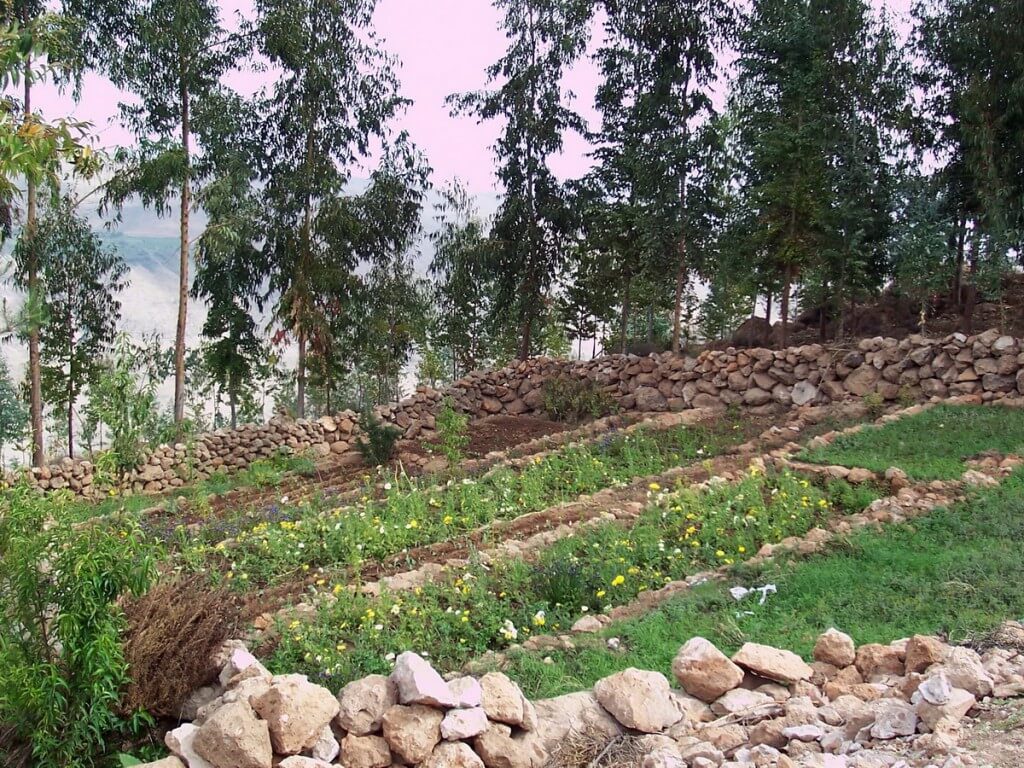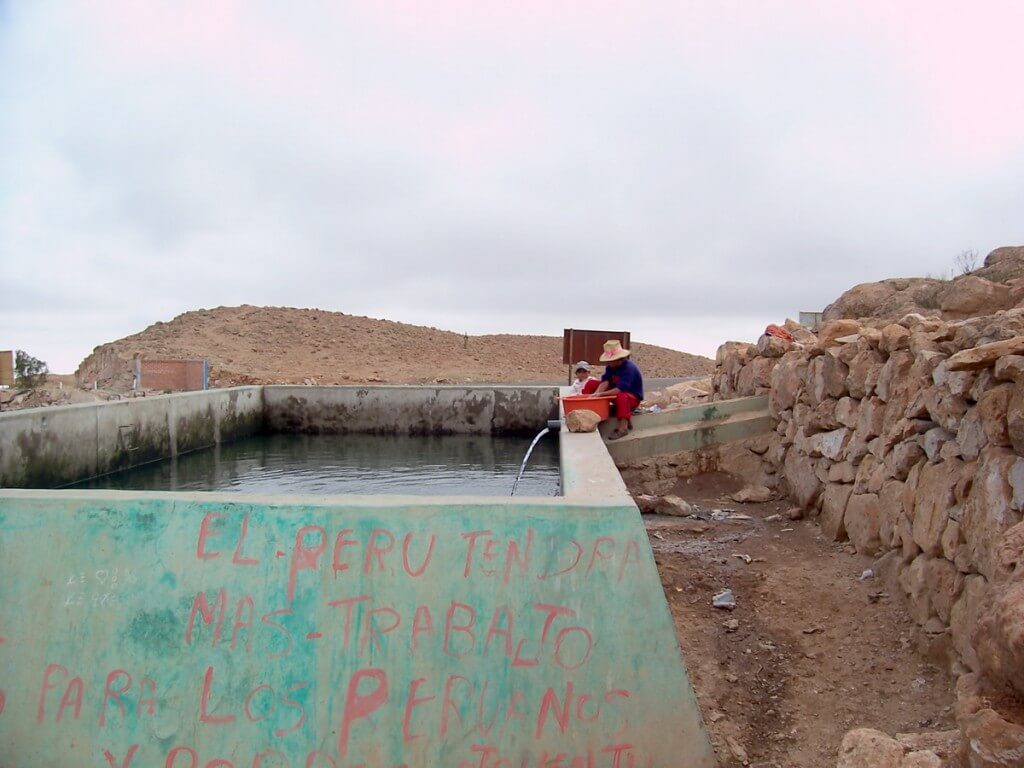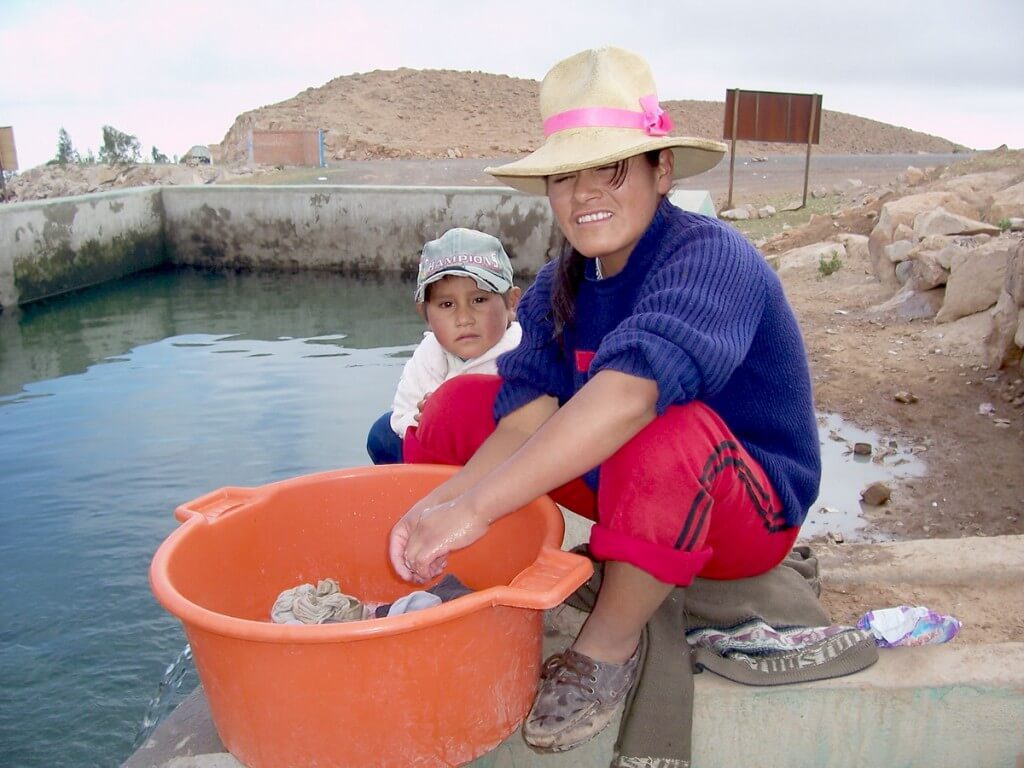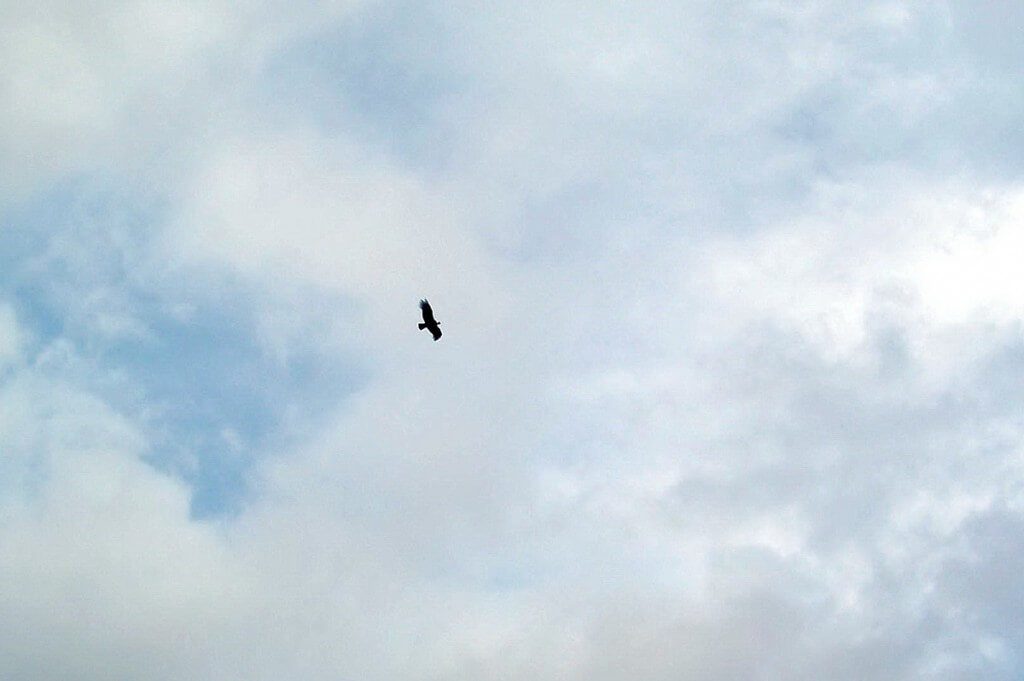Wild Vicuna At The National Reserve Of Pampas Galeras, Peru
In the harsh climate high in the mountain meadows of the National Reserve of Pampas Galeras in Peru live the rarely-seen Vicuna. In 1974, the Vicuna were declared an endangered species; at that time, only 6,000 of these animals were left alive in Peru. Today, with the aid of organizations like World Wildlife Fund, the population of Vicuna has recovered to about 350,000. Even with that supposed high number of these animals, it is still very difficult to actually catch a glimpse of one in the wilds of Peru.
Even with the slimmest chance, Bob and I decided to throw the dice and undertook a 7-hour return trip from Nazca into the eastern highlands to see if we could come across any of the wild Vicuna that live in these rugged and hostile mountains.
As we began our climb away from Nazca, the hills quickly took on a different appearance. No longer were they littered with ragged pieces of sharp scree, but instead, they seemed smooth and were indented with long-worn channels and gullies from eons of water erosion. The overall impression as the highway wound its way upward was still one of a very harsh and inhospitable place.
After driving for only about a half hour and seeing very few cars did we begin to see some plants growing along the side of the road. The “tramo sinuoso” (sinuous roadway) dictated a very slow ascent, and special care had to be taken when buses or large trucks approached us at the corners, many of which were tight 180-degree hairpin turns.
To our right, as we climbed higher into the mountains, we could see Cerro Blanco, the highest sand dune in the world at 2,070 metres, or 6,791 feet.
About 1½ hours into our climb, there seemed to be a fairly sudden change in the visible vegetation. The slopes took on a mixture of brown grass and fringes of green scrub grasses and weeds could be detected.
On one stretch of the roadway, untended donkeys lingered on the shoulder nibbling grasses before sauntering casually into the middle of the tarmac. Bob recounted how this was similar to his experiences in British Columbia, Canada, where he grew up. When driving the crooked mountain roads in B.C., it is necessary to always be on the lookout for rocks and wildlife on the roadway. So the donkeys were a bit of a surprise, but posed no problem because we were taking it slowly anyways.
Not much further on, we encountered a young girl tending her herd of goats at roadside.
We slowed to a stop while her goat herd crossed the roadway in front of our car then proceeded to quickly climb up the opposite hillside.
I spoke to the young girl and tried to convey our curiosity and that we meant her no harm, so she paused to give us a quick look, but in the click of our camera, with her goats disappearing over the top of the hill, she nimbly surmounted the porous rocks and quickly rejoined her charges.
Further up the mountain road, we came to the small village of Huallhua. Despite the remote locale, someone in the village operated a restaurant.
Finally, after a 3-hour drive and no sign of any wild Vicuna, Bob and I crossed the boundary into the National Reserve of Pampas Galeras. Having driven by the entrance sign, we decided to stop the car and walk back in order to snap a quick picture. As things turned out, however, we got much more than just a photograph of this sign.
Hidden behind a stone wall alongside the road near the park sign was a complete herd of wild Vicuna. You can imagine our surprise and delight! If we had not stopped for a snapshot of the marker, the well-camouflaged Vicuna would have remained unseen to our eyes. Our luck really paid off.
Vicuna are a very shy and wary animal. They have very good hearing, and as a result, they are quickly startled by intruders. In this video, you hear them put up the warning signal to the herd with a very endearing, high-pitched call.
As Bob and I walked along the shoulder of the road, parallel to their movements, the herd sometimes became inquisitive, and a few of them turned and tentatively approached us.
The air was icy cold at this elevation, and the frigid temperature was amplified by the gusty winds. Clouds were visible in the valleys below, and even a fine mist dampened us, so we donned heavy coats and were plenty warm. The Vicuna are well adapted to this environment because of their thick fur that has various layers to trap their body heat close to the skin. That trapped heat helps them tolerate the freezing temperatures of this high mountain meadow at nighttime when often the mercury drops to below freezing.
The Vicuna are very hard to pick out in this world of similar colored plants and stones.
As we traveled across Peru, we would see for sale expensive sweaters made from the fur of the Vicuna. When knitted together, the resulting sweater is very soft and warm. Back in the time of the Inca, it was against the law for any person other than royalty to wear any clothing made from the fur of a Vicuna.
We had just enough time to capture a few pictures and one short video of the Vicuna before, suddenly, in a flurry, they darted away in unison.
Before turning around and beginning our 3-hour drive out of the mountains back to Nazca, we took a quick look at some ruins across the road from where we had just seen the Vicuna.
What massive structures of stones. Who once lived there, and where are they now? There was no information on site, no one to ask, and no literature that we could locate to explain the ruins.
With time moving against us, and having had such success to see and photograph wild Vicuna, we began to retrace our route back to Nazca.
As we came around one tight corner, the little village of Nuevo Santiago begged to be visited. It was neatly set into the ridge line of the mountains.
It was always amazing to witness the care and pride that common people have across Peru when it comes to their very modest adobe dwellings and properties. Especially here, in the midst of an isolated community surrounded by a brown monotone landscape, a valiant effort had been made to maintain a beautiful community flower garden and parkette for the people.
Having successfully harvested some form of greenery from her local garden, a lady from Nuevo Santiago stopped to give us a smile and permit a photograph.
Later, she proceeded to give some of the greens to her donkey.
Below the main road into the village, in garden plots protected within stone walls, healthy plants and flowers were flourishing.
A constant flow of much-needed water entered the community’s reservoir in this otherwise very dry world.
It was at this same reservoir that a mother was washing her laundry while her shy little son balanced on the concrete lip of the wall. Other than the occasional vehicle going by on the nearby road, the only sounds were the wind, a lone bird squawking as it soared overhead, and the water streaming into the reservoir.
With the bird in full flight above us, we finally had to pull ourselves away from the friendly people of Nuevo Santiago in order to complete our trip back to the village of Nazca before dusk. This journey into the unknown had been well worth the long, long drive.
Frame To Frame – Bob and Jean


